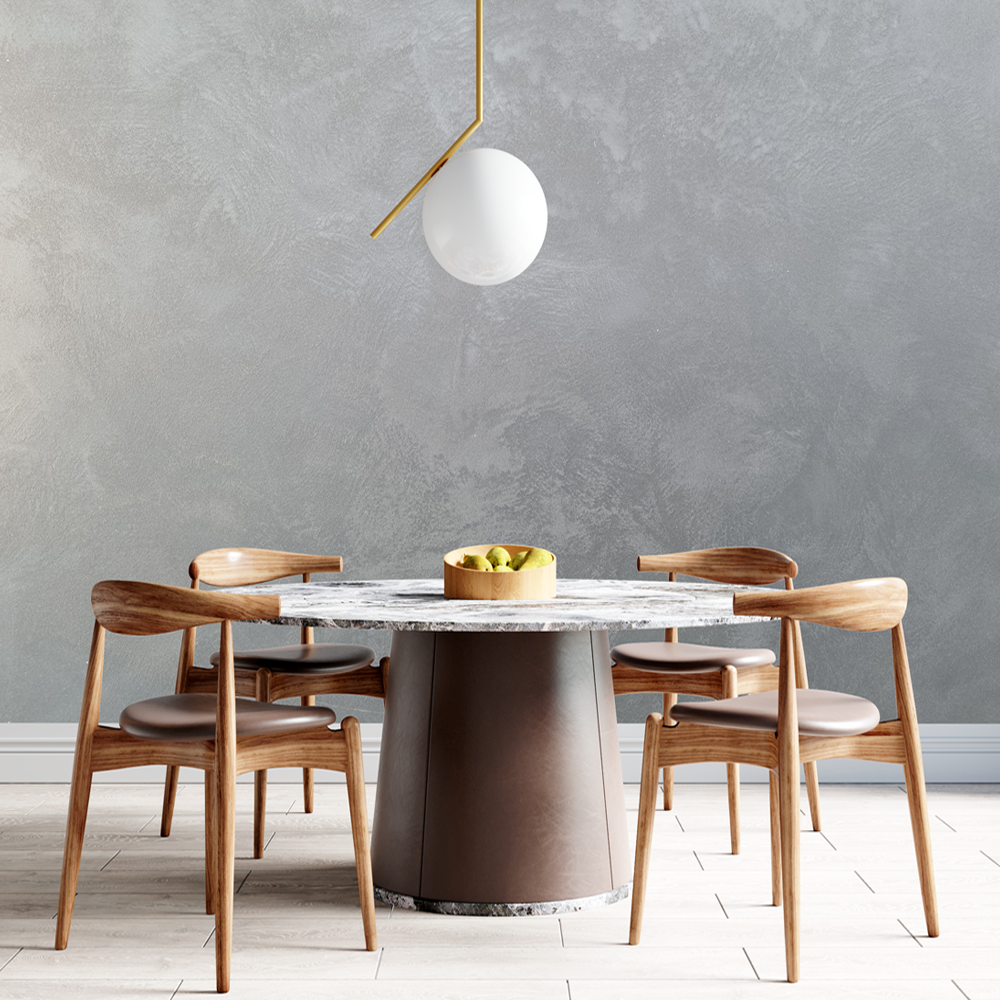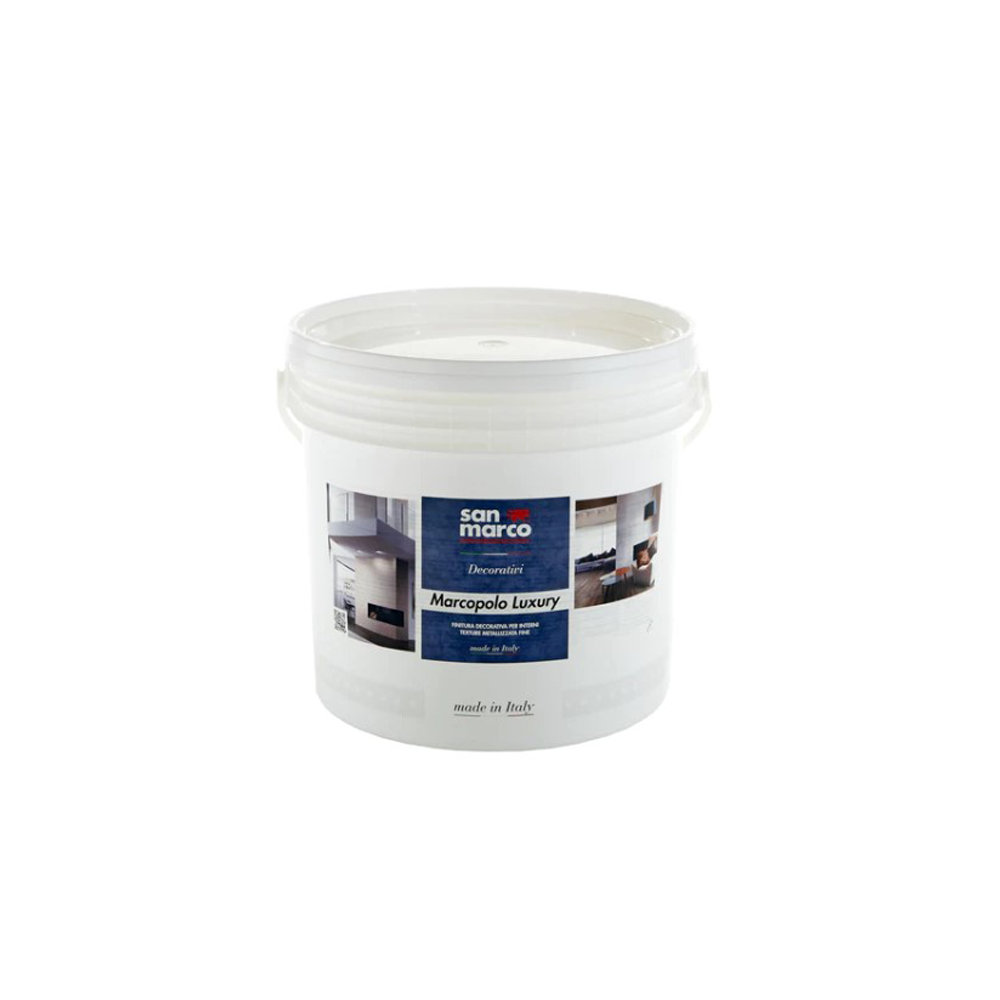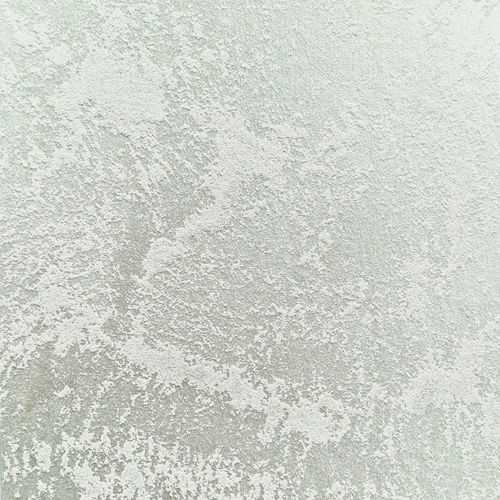Marcopolo Luxury
Marcopolo Luxury is a unique and elegant special textured paint for interiors that can create features with soft, reflective iridescence. The Marcopolo luxury (sometimes called Marco Polo paint or San Marco Polo) paint is similar to plasters in a sense that it creates a feeling of depth, but is due to the fact that it’s a paint that can be much easier to apply and can provide a variety of looks, based on the application tools.
As the finish dries quite fast (touch dry in 30 mins) the look should be finalised one square metre at a time.
Every litre of Ashley’s Colour comes with a half litre of the appropriate, coloured primer!
How to apply Marcopolo Luxury
Please be aware that Universal Primer is needed to ensure the quality and durability of a Marcopolo Luxury paint finish, without this the paint might fail and doesn’t show the right look!
- Dilute our Universal primer with water (roughly 300mls or half pint to a litre) and apply it with short pile or mohair roller.
- Wait 2-3 hours for the primer to get dry.
- Stir Marcopolo Luxury and apply it with our Impera Italia Special Effect Brush.
- Once you’ve applied a square metre and the paint has started to settle (2-5 mins), the effect can be changed or finalised with a tobacco sponge. In case you do a ‘brush effect‘ use the effect brush or another, clean brush.
- The finish will be touch dry within an hour and completely dry after 12 hours!
How to select Marcopolo Luxury Colours
0070 is silver or argento, 0170 is aluminio and 0190 is gold or oro. You can find the colours starting with “M” and also, starting with “0” in the colour selector, please scroll down and check flat and not flat colours too!
Impera Italia’s Advice™
The Marcopolo Luxury paint is similar to another decorative finish, Marcopolo, but due to it’s finer grain has a more refined, elegant appearance. Almost every bit of the grain can be taken away with a sponge so please touch it only very lightly when creating the effect!
Trivia
The word luxury was first mentioned in England in the text known as Ayenbite of Inwyt, a confessional text copied by a Kentish monk in 1340, and originally it meant excess.





